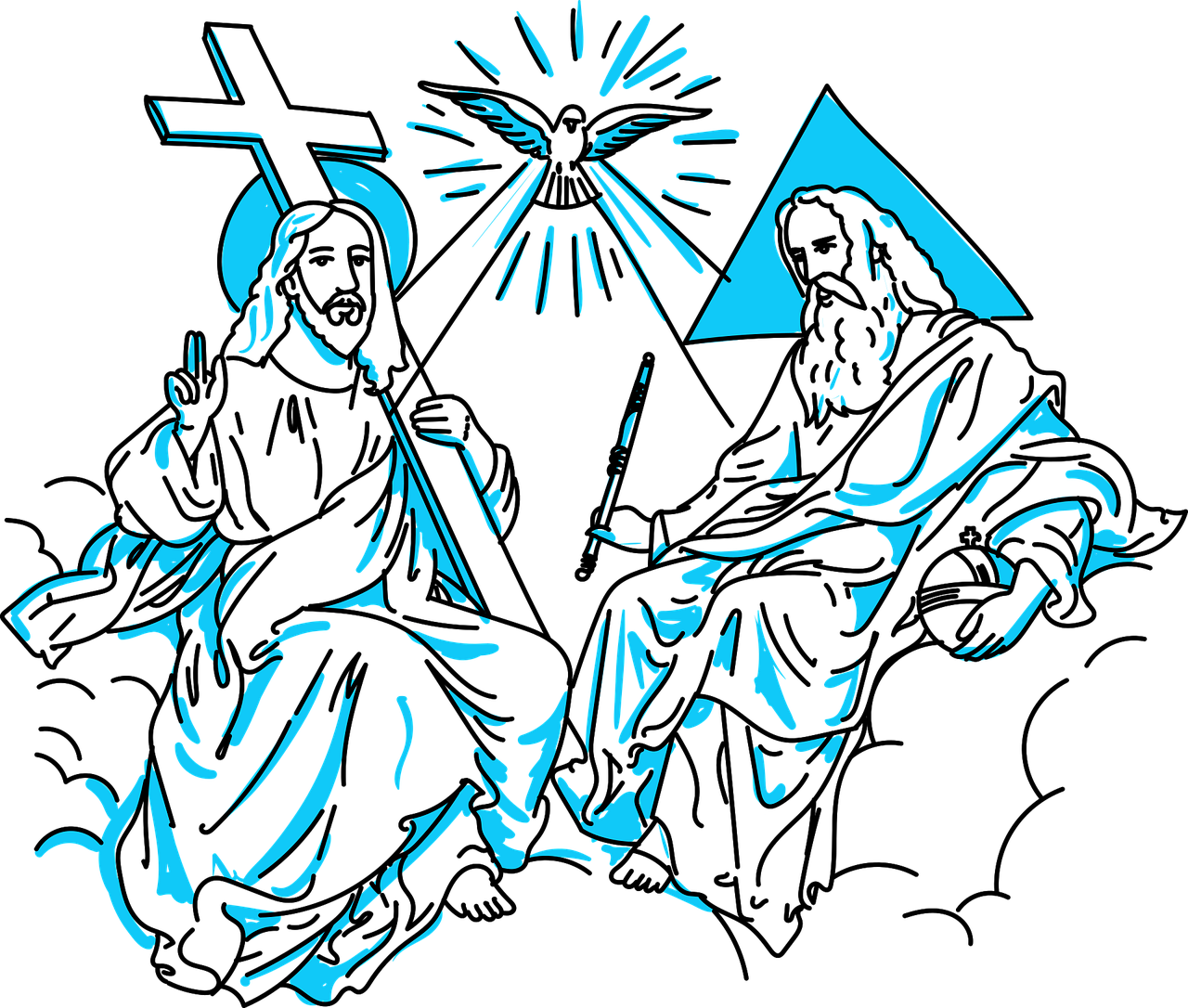What is the mystery of God?
This marks my second blog post for November 5th, 2024. In this entry, I am eager to delve even deeper into the intricate and profound mystery of God—a subject that has captivated the minds and hearts of countless individuals across diverse cultures and generations. From everyday seekers of truth to revered theologians who have dedicated their lives to exploration and understanding, the mystery of God continues to elicit awe and reverence.
At its essence, the notion of mystery transcends the limits of human comprehension. It is a concept that can only be fully grasped through divine revelation—an experience that invites us to explore the depths of our existence and the nature of the universe.
This enigma presents itself as a challenge to our understanding, stirring within us a profound curiosity that propels us to seek deeper truths. For instance, in traditions such as Freemasonry, initiates embark on a journey through various degrees. Each stage imparts unique insights, building upon one another in a cumulative process that seeks to foster a more complete understanding of divine revelation.
To grasp the mystery of God, it is essential to contemplate why such a profound and complex mystery exists in the first place. One compelling perspective is that God, in His infinite wisdom, seeks to distinguish the righteous from the profane—an act that reflects His nature and the moral and spiritual order inherent in the universe. This differentiation serves as a guiding principle that encourages individuals to align their lives with goodness, nurturing a more profound sense of morality and purpose.

I hold a firm conviction that God displays a unique preference for those who embody goodness and virtue, often revealing His deepest truths and sacred secrets solely to such individuals. The very mystery of God itself is multifaceted, encompassing three primary aspects that collaboratively enrich the larger divine mystery.
- The Duality of Good and Evil: At the heart of this mystery lies the existence of an adversarial force known as Satan, who is depicted in various religious texts as an embodiment of evil. This figure represents a significant counterpoint to God's goodness, engaging humanity in a perpetual struggle for their souls. The existence of this conflict underlines the profound concept of free will, affirming that each individual possesses the agency to choose their own path. They can either align themselves with the righteousness of God’s will or succumb to the allure of a path that may lead to spiritual degradation and separation from the divine.
- The Unity of the Divine: Another crucial aspect of this divine mystery is the intricate relationship between God, the Holy Spirit, and Christ. Traditional theological teachings emphasize that these three entities are not isolated but rather form a unified whole. They exist in perfect harmony, each contributing to a divine interplay that enriches the understanding of the nature of the divine. The miraculous event of Christ's birth through the Holy Spirit stands as a pivotal moment, revealing the intimate way in which the divine interacts with humanity. This profound unity challenges our perceptions of individuality within the divine nature, inviting us to reflect on what it means to be part of a greater whole.
- The Final Triumph of Goodness: Lastly, there is the hopeful assurance that God will ultimately emerge victorious over Satan, eradicating all forms of evil from existence. This promise not only serves as a beacon of hope for believers but also affirms the belief that goodness will ultimately prevail and justice will triumph in the end. The certainty of this outcome encourages individuals to remain steadfast in their faith, even in the face of life’s trials and tribulations.
In summary, the mystery of God unfolds as an expansive and intricate concept that beckons us to explore the complexities of both the divine and the human experience. It invites us to embark on a multifaceted intellectual and spiritual journey characterized by humility, curiosity, and an open heart. Engaging with this mystery can lead to profound insights, equipping us to navigate the myriad challenges of life while simultaneously deepening our relationship with the divine.
As we dedicate ourselves to grappling with these enigmatic truths, we may find not only the answers we seek but also a richer, more nuanced understanding of our place within the vast narrative of existence. Through this exploration, we can cultivate a deeper appreciation for the intricate tapestry of life woven by divine hands.